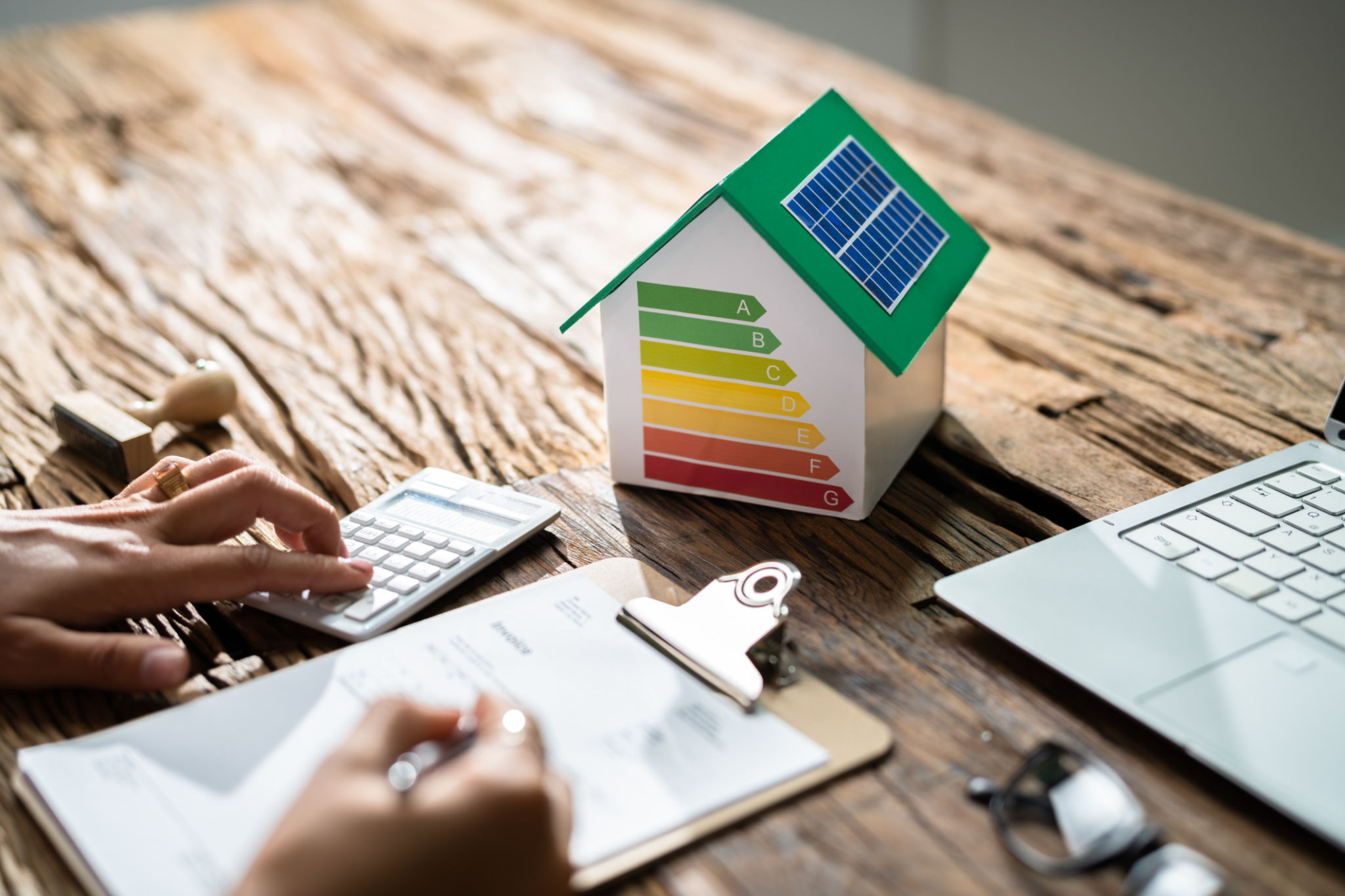The Ultimate Guide to Energy Assessments in Australia: What Homeowners Need to Know
Understanding Energy Assessments
Energy assessments are crucial for homeowners looking to improve their home's energy efficiency and reduce utility costs. In Australia, these assessments provide insights into how energy is used within a home and identify areas where improvements can be made. Whether you're building a new home or enhancing an existing one, understanding the value of energy assessments is key to making informed decisions.

What is Involved in an Energy Assessment?
An energy assessment, also known as an energy audit, evaluates how energy flows through a home. It typically involves a professional inspector examining various components such as insulation, heating and cooling systems, windows, and appliances. The goal is to pinpoint areas where energy efficiency can be improved, which can lead to significant cost savings and a reduced environmental impact.
Benefits of Conducting an Energy Assessment
One of the primary benefits of an energy assessment is the potential for cost savings. By identifying inefficiencies, homeowners can make targeted improvements that lower energy bills. Additionally, enhancing energy efficiency can increase a property's value and comfort while contributing to environmental sustainability.

Steps in the Energy Assessment Process
The energy assessment process generally follows a series of steps:
- Initial Consultation: Discuss your goals and concerns with a certified energy assessor.
- Site Visit: The assessor visits your home to conduct a thorough inspection.
- Data Analysis: The information gathered during the site visit is analyzed to identify inefficiencies.
- Report Generation: Receive a detailed report outlining recommended improvements.
- Implementation: Make the suggested changes to enhance your home's energy efficiency.
Choosing the Right Energy Assessor
Selecting a qualified energy assessor is crucial to obtaining accurate and actionable insights. Look for professionals who are certified and have experience with residential properties. Additionally, seek out assessors who provide comprehensive reports and are willing to discuss their findings in detail.

Common Recommendations from Energy Assessments
Energy assessments often reveal several common areas for improvement:
- Improving Insulation: Enhancing insulation in walls, attics, and floors can significantly reduce energy loss.
- Upgrading Windows: Installing energy-efficient windows helps maintain temperature control.
- Optimizing HVAC Systems: Regular maintenance or upgrading of heating and cooling systems improves efficiency.
- Using Energy-Efficient Appliances: Replacing old appliances with modern, energy-efficient models can lower electricity usage.
The Long-Term Impact of Energy Efficiency
Investing in energy efficiency goes beyond immediate cost savings. Over the long term, it contributes to reduced carbon emissions, helps combat climate change, and fosters a more sustainable future for generations to come. Homeowners who prioritize energy efficiency not only benefit financially but also play an active role in environmental stewardship.
In conclusion, energy assessments are an essential tool for Australian homeowners seeking to enhance their homes' efficiency and sustainability. By understanding the process and potential benefits, you can make informed decisions that positively impact your home and the environment.